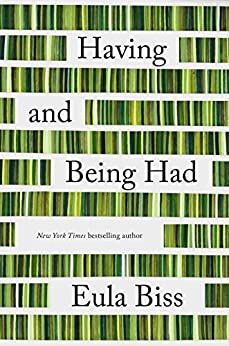More on this book
Community
Kindle Notes & Highlights
About the ending, he said, “It could have meant I lit a fire to keep myself warm, and wasn’t the décor of her house wonderful? But it didn’t, it meant I burned the fucking place down.”
This is a middle class with capitalist aspirations. And that is why Marx considered this class dangerous.
In The Theory of the Leisure Class, Thorstein Veblen writes that leisure is a form of conspicuous consumption, with time being what is consumed. The upper class is exempt from ordinary employment under capitalism, he observes, just as the aristocracy is exempt from manual labor under feudalism. Leisure is how a class that doesn’t have to work displays its status.
And then there’s Fred Rogers, who says: “For children play is serious learning. Play is the real work of childhood.”
Only where love and need are one, / And the work is play for mortal stakes, / Is the deed ever really done
“Women have always been poor,” Virginia Woolf wrote in A Room of One’s Own. Denied education, excluded from professions, and unable to own property, even rich women were poor, in a way.
Capitalism, Lewis Hyde writes, is “the ideology that asks that we remove surplus wealth from circulation and lay it aside to produce more wealth.” The defining feature of capitalism, he suggests, is not the breeding of money, but the hoarding of money for that purpose.
But here’s the thing—she circles her womb with her hand—we are capital. We are the means of production. I had three children, she says. I’ve been the means of production. Now I want to own the means of production.
I pause over this, wondering what it means to own yourself. And wondering if the very idea of owning yourself requires, as she suggests, imagining your body as capital.


